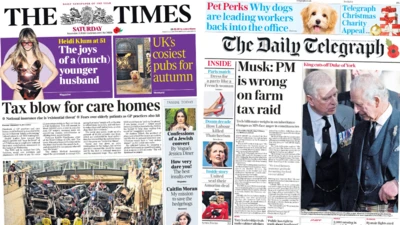We've updated our Privacy and Cookies Policy
We've made some important changes to our Privacy and Cookies Policy and we want you to know what this means for you and your data.
Google ordered to change autocomplete function in Japan
Google has been ordered to disable part of its autocomplete function in Japan after complaints it violates privacy.
An unidentified man took the search giant to court over concerns that typing in his name linked him with crimes he was not involved with.
Lawyer Hiroyuki Tomita said the effect on the man's reputation has meant he has found it hard to find work.
Google has so far not carried out the court's request - but said it was "reviewing the order".
"A Japanese court issued a provisional order requesting Google to delete specific terms from autocomplete," the company said in a statement on Monday.
"The judge did not require Google to completely suspend the autocomplete function."
Autocomplete is a function on many of Google's search service which uses a mixture of algorithms and stored user data to predict what a person is searching for.
For example, a search for 91╚╚▒¼ will automatically suggest "news", "iPlayer" and "weather".
'Irretrievable damage'
Mr Tomita said a search for his client's name would wrongly associate him with crimes committed by a man with the same name.
He argued that the autocomplete feature as a whole was problematic as it directed users to potentially false or misleading information.
"It could lead to irretrievable damage such as a loss of job or bankruptcy just by showing search results that constitute defamation or a violation of the privacy of an individual person or small and medium-sized companies," Mr Tomita told Japanese news agency Kyodo.
Google defended the system, arguing that as results were generated mechanically - rather than by an individual - it was not an invasion of privacy.
"These searches are produced by a number of factors including the popularity of search terms," the company said.
"Google does not determine these terms manually - all of the queries shown in autocomplete have been typed previously by other Google users."
It is not the first time the feature has come under scrutiny. In December 2010, Google tweaked autocomplete so that terms relating to piracy did not automatically appear.
However, the company attracted further criticism after it refused to remove sites hosting illegal copyright material from its search results.
Top Stories
More to explore
Most read
Content is not available








